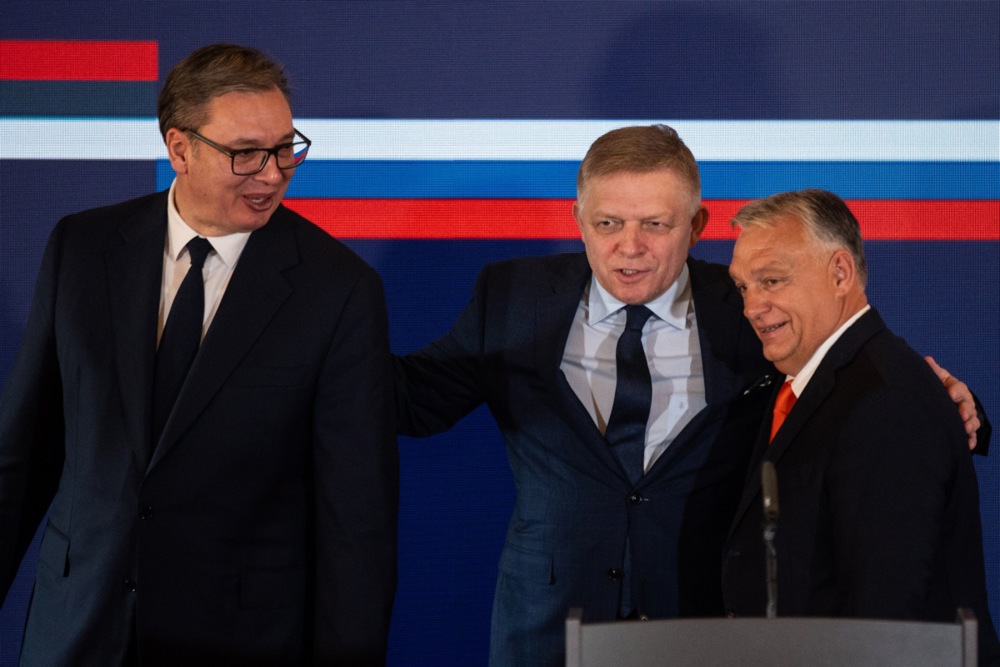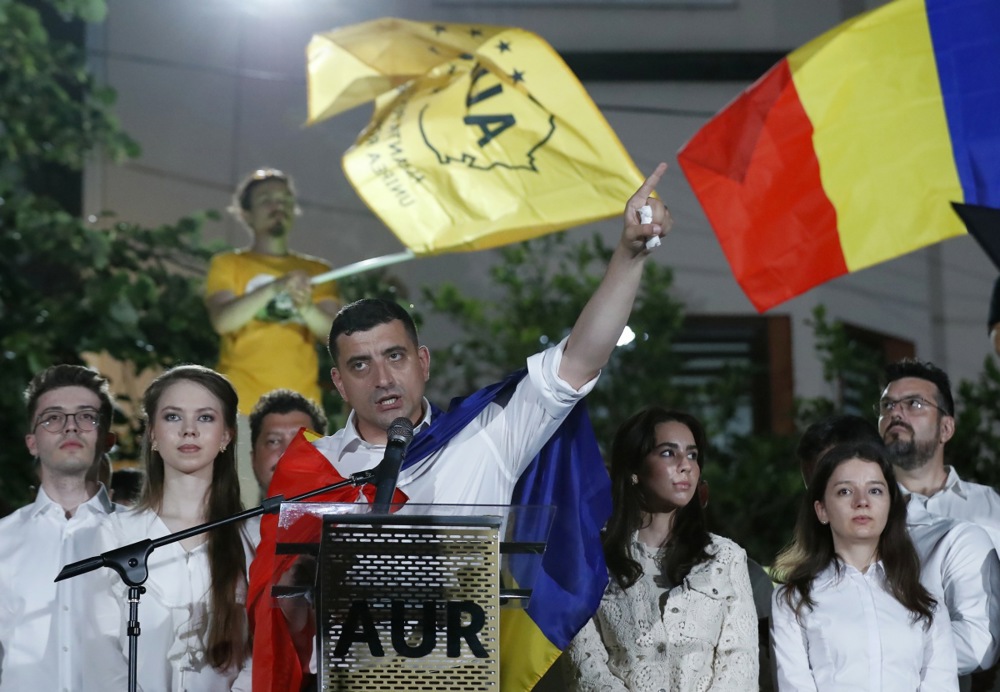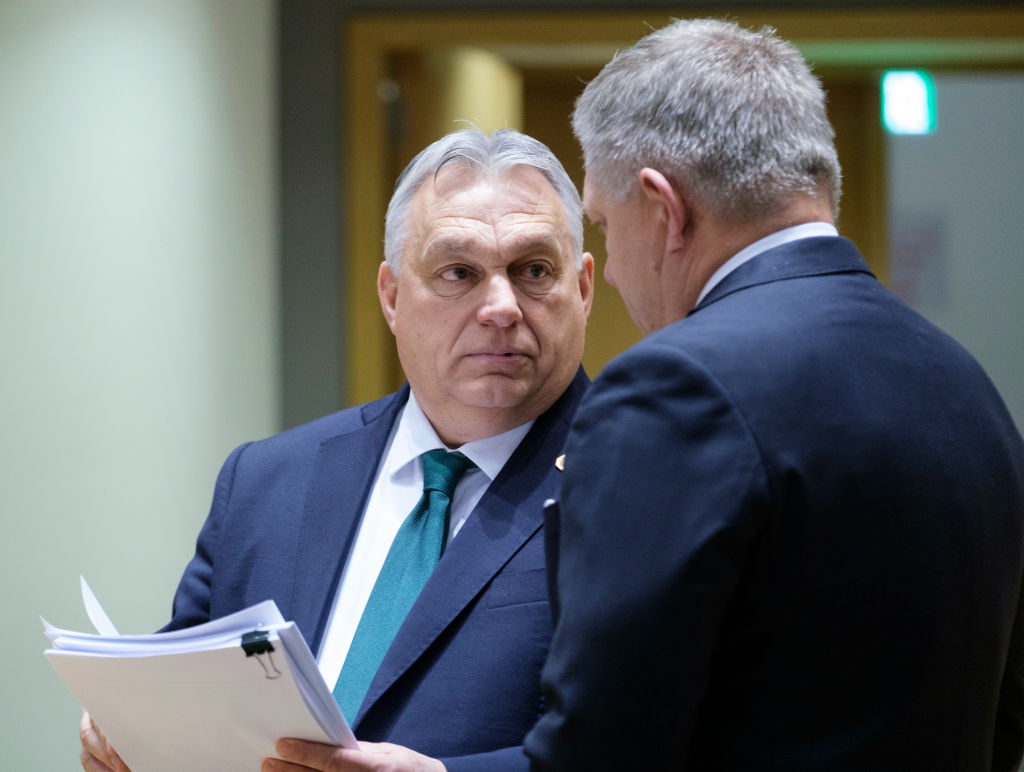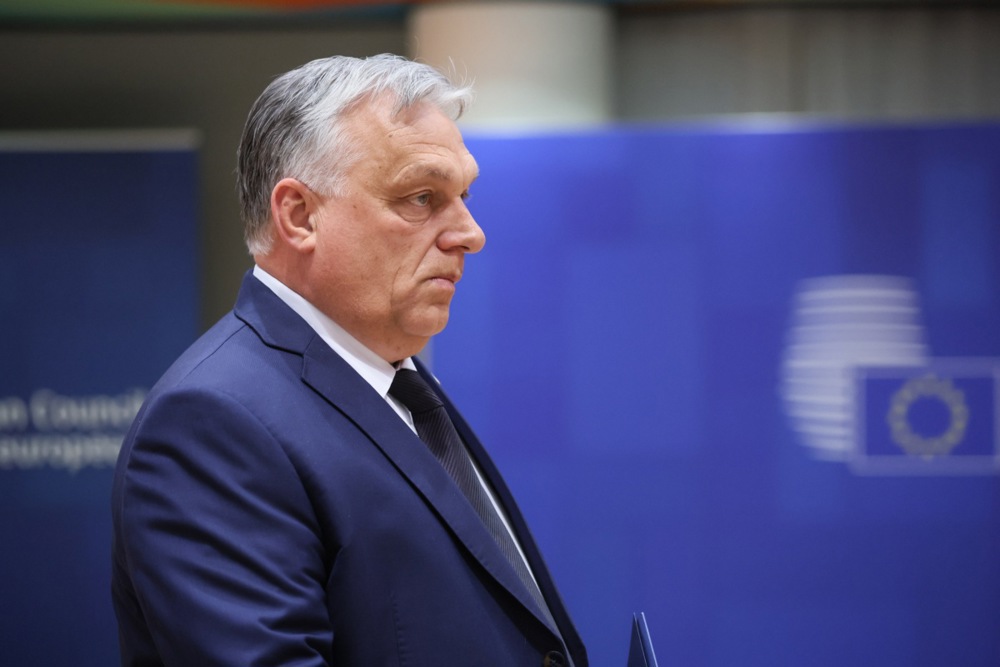Hungarian Prime Minister Viktor Orbán has sparked controversy by inviting Israel’s Prime Minister Benjamin Netanyahu to visit Hungary, which Orbán said guaranteed that the International Criminal Court’s (ICC) recent arrest warrant against the Israeli leader would not be enforced.
The ICC issued arrest warrants on November 21 targeting Netanyahu, his former defence minister Yoav Gallant and Hamas leader Ibrahim Al-Masri, alleging war crimes and crimes against humanity during the ongoing Gaza conflict.
Speaking on state radio on November 22, Orbán criticised the ICC’s decision as unjust. “The ruling is wrong,” he declared, pledging that Netanyahu could negotiate freely and safely in Hungary. “I will guarantee him that the ICC decision will have no effect in Hungary and we will not follow its contents.”
The #ICC arrest warrant against Prime Minister @netanyahu is brazen, cynical and completely unacceptable. I invited Prime Minister Netanyahu for an official visit to Hungary, where we will guarantee his freedom and safety. pic.twitter.com/uRDoP307uL
— Orbán Viktor (@PM_ViktorOrban) November 22, 2024
Orbán’s stance highlighted the close political alliance he has cultivated with Netanyahu since he came to power in Israel in 2009. This relationship was cemented during the Israeli’s 2017 visit to Budapest, signalling a shared approach to patriotism and foreign policy.
Reactions within the European Union have been divided. EU foreign policy chief Josep Borrell emphasised the what he called the apolitical nature of ICC rulings, urging all member states to uphold the court’s decisions.
Hungary and the Czech Republic have emerged as staunch allies of Israel, often in opposition to countries such as Spain and Ireland, which have advocated for stronger Palestinian support.
The Czech Republic, while pledging to respect international legal obligations, voiced reservations regarding the arrest warrants. Prime Minister Petr Fiala criticised the ICC’s actions, stating on social media: “Equating elected officials of a democratic state with leaders of an Islamist terrorist organisation undermines the court’s authority.”
Greece is in talks with Israel to develop a €2 billion anti-aircraft and missile defence dome, as part of a wider push to modernise its armed forces. https://t.co/K3sgps9cAt
— Brussels Signal (@brusselssignal) November 15, 2024





